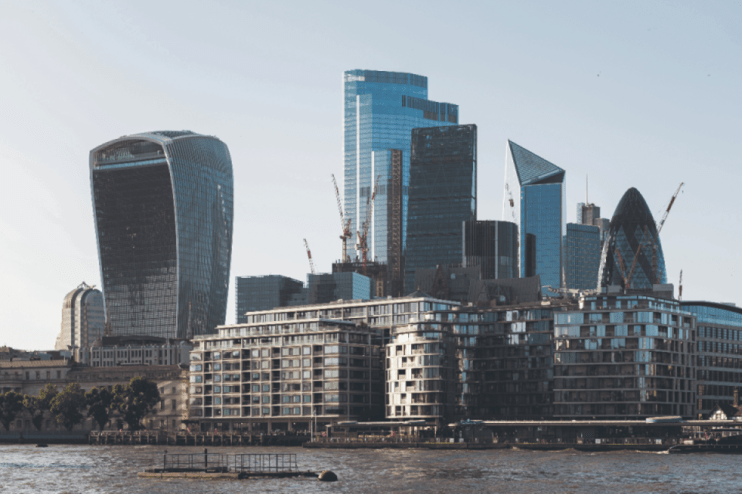The FTSE 100 has hit another new high. Next stop 9,000?

The FTSE 100 has hit another all-time high today of 8,548.59, the second time in two trading days the blue-chip index has hit a record.
For the first time, the FTSE 100 passed the 8,500 barrier last week, off the back of hopes that the Bank of England might cut interest rates more aggressively than expected.
So far this year, the index has returned 4.2 per cent. In comparison, the S&P 500 has added 1.9 per cent.
Now, City analysts are wondering if this could be the start of something bigger for the index and if it could hit the key 9,000 level.
“The 9,000 level represents a rise of approximately six per cent from current levels, so it is by no means unfeasible that the FTSE 100 could reach this in the coming months,” said Jonathan Unwin, UK head of portfolio management at Mirabaud Wealth Management.
The FTSE 100 broke the 8,000-point barrier for the first time in history in February 2023 before quickly falling.
Paul Jackson, global head of asset allocation research at Invesco, said he expected the 9,000 barrier to be crossed during 2025 but questioned whether it would manage to stay that high until the end of the year, as Trump’s policies start to set into the US market.
He added that the FTSE 100 is already close to its end-of-year prediction of 8,700.
When he made his prediction (8 November), the index was at 8,173, and Jackson said it “doesn’t take a lot to imagine it going above 9,000 at some stage,” especially with UK valuations comparably cheap to the rest of the world.
Adam Vettese, market analyst at Etoro, added that the FTSE 100’s recent rise felt more like “a platform to build on as opposed to a peak before the start of a retreat”.
The level of “9,000 is still some distance away but with key resistance having just been broken, a run-up to that historic milestone would not be out of the question,” he said.
“When will it go above 10,000? I suspect that bigger target may have to wait until 2026,” added Jackson.
What could drive the FTSE 100 higher?
The FTSE 100 has been pushed higher by rising bank and commodity stocks over the past six months. Analysts said if these drivers continue, the index could sail towards the key 9,000 level.
Oil has been a key part of the rally, with prices rising 7.7 per cent this month. A further climb could push up the price of oil giants BP and Shell in the index.
“Given its large exposure to mining stocks, improving fortunes for global demand (especially from China) would be well received,” said Richard Hunter, head of markets at Interactive Investor.
Another significant portion of the FTSE 100 is banks, which are set to report their full-year earnings next month.
“A strong set of numbers could propel the shares higher (the read across from the US last week is a positive potential sign), and already the likes of Barclays has added nine per cent this year,” noted Hunter.
Meanwhile, the earnings of FTSE 100 companies compared to firms worldwide have begun to trend upwards since the last quarter of 2024, which might start to catch the attention of the global market.
While sentiment towards the UK economy is worryingly low, as figures of poor growth are released and fears of stagflation build, the FTSE 100 is “effectively a global metric,” said Unwin.
In addition, the cyclical nature of companies in the main index could actually benefit from a return to inflation, he added.
A recent divergence in currency has been a significant factor in the FTSE 100’s strong performance, with the pound falling almost nine per cent against the dollar in the last three months.
Over 70 per cent of FTSE 100 earnings come from overseas, with the US being a significant part of that market.
“With the vast majority of constituents conducting their business overseas, a weaker pound means more on the bottom line when it’s time to report earnings,” added Vettese.
“On top of that, the healthy dividend yield on offer which is all but absent from the US tech market is yet another reason why investors, institutional and retail alike, may be switching cash to this side of the Atlantic,” added Unwin.